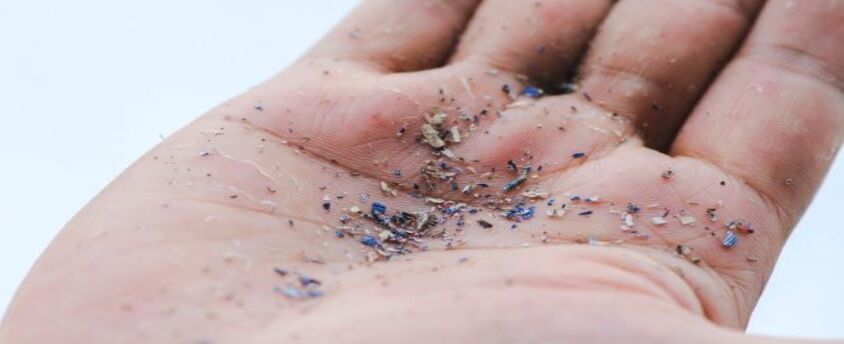Microplastic Pollution
04, Apr 2023

Prelims level : Pollution & Waste Management
Mains level : GS-III Conservation, environmental pollution and degradation, environmental impact assessment.
Context:
- According to a new study, an estimated 170 trillion plastic particles weighing about 2 million metric tons are currently afloat in the oceans across the world, and if no urgent action is taken then this number could nearly triple by 2040.
About Microplastics:
- Microplastics are defined as synthetic solid particles sized ranging from 1 micrometre to 5 millimetres (mm), which are insoluble in water.
- They are particularly harmful to the oceans as they don’t readily break down into harmless molecules and adversely affect the health of marine organisms, which mistake plastic for food.
Key findings of the new study:
- They found that from 1990 to 2005, the number of plastic particles more or less fluctuated due to the effective implementation of important policy measures like MARPOL Annex 5 which enforced laws against dumping trash at sea.
- The concentration of plastic particles including microplastics in the ocean has skyrocketed in the oceans since the mid-2000s, and it continues to increase.
- If the world fails to take any drastic action about the issue, there will be a 2.6-fold increase in plastic flowing into aquatic environments by 2040.
How do microplastics impact the oceans and marine life?
- Mechanical problems, such as lacerations and blockages to internal systems of organisms.
- Ingested plastics can cause chemical problems by leaching absorb chemicals into organisms.
- Microplastics absorb many hydrophobic compounds, like DDT, PCBs and other industrial chemicals, and evidence shows they can be released when ingested.
- Microplastics can also disrupt the carbon cycle of the oceans.
What can be done to limit plastic pollution in oceans?
- There is an urgent need to implement a global resolution to limit the production of single-use, throwaway plastic.
- Need to reduce the number of chemical additives in new plastic products.
Initiatives Taken to tackle microplastics:
- Global Initiatives:
- Global Partnership on Marine Litter (GPML)
- GloLitter Partnerships Project
- London Convention, 1972
- India-Specific Initiatives:
- Elimination of Single Use Plastic
- Plastic Waste Management Rules, 2016
- Un-Plastic Collective






